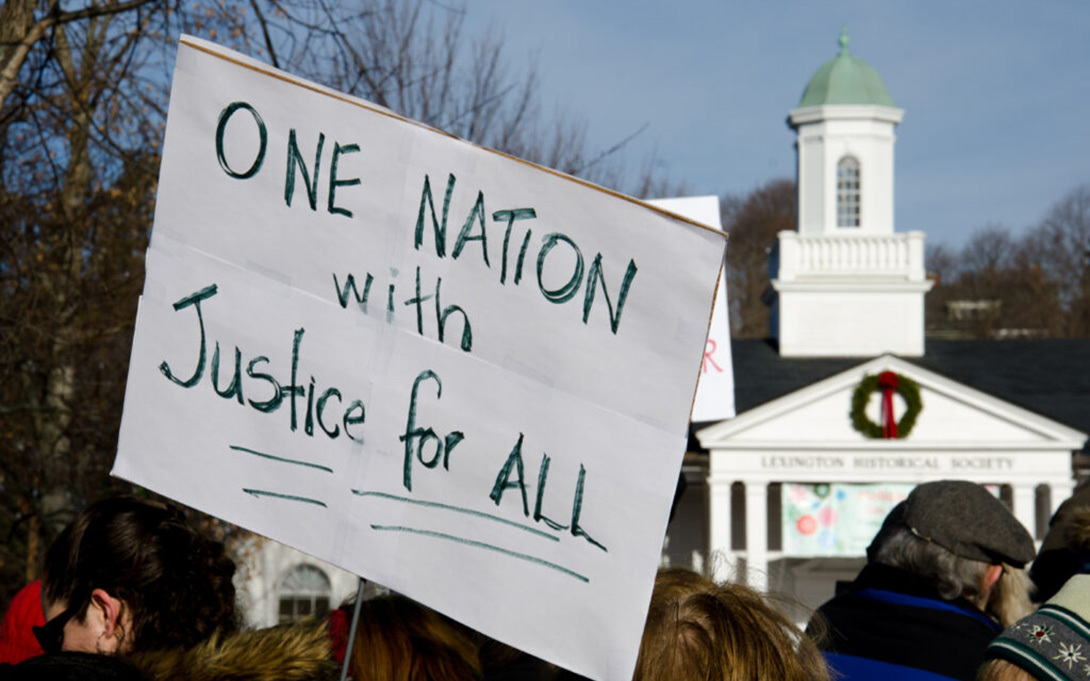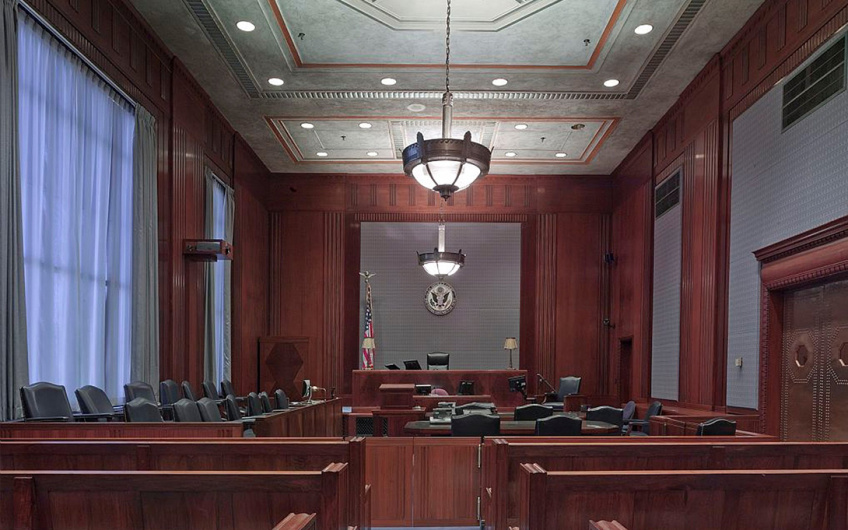Policing and Criminal Justice Policy Reform in Michigan: Understanding Opportunities and Barriers Across the Network of Decision Makers
Summary
The project "Policing and Criminal Justice Policy Reform in Michigan" is designed to help improve criminal justice, public safety, and police-community relations by understanding the perspectives and values of the local government and law enforcement officials who play key leadership roles in the criminal justice system, gathered through surveys of local government leaders, chiefs of police and sheriffs, and prosecuting attorneys across Michigan.
The effort is a collaboration between the Ford School’s Center for Local, State, and Urban Policy (CLOSUP) and the University of Michigan's Poverty Solutions Initiative.
Stakeholders with suggestions for the project are encouraged to contact the project team by email to [email protected] or by calling 734-647-4091.

Funding partners
Funding for the project has been provided by The Joyce Foundation, in addition to CLOSUP's own funds.
Project overview
The Policing and Criminal Justice Policy Reform in Michigan project will collect survey data in spring 2024 as part of CLOSUP's Michigan Public Policy Survey program.
The project’s three parallel opinion surveys will gather information from Michigan’s local government, public safety, and prosecutorial officials to reveal new insights into a wide range of issues facing local law enforcement and prosecution in Michigan, including funding and staffing challenges, support for or opposition to a variety of potential reforms, insights on police-community relations, prosecutorial decision-making, and more.
Findings from this project will help stakeholders—including the public, advocacy organizations, researchers, policymakers, and practitioners at the local, state, and federal levels—better understand the challenges and opportunities for promoting, adopting, and implementing racially-equitable change in local policing and criminal justice within a variety of specific community contexts.
The project’s data collection will consist of:
1) CLOSUP’s traditional Michigan Public Policy Survey (MPPS) spring wave, which is a census survey of the chief elected and appointed local government leaders from all of Michigan's local governments, such as county administrators and board chairs, city mayors and managers, village presidents and managers, and township supervisors, clerks, and managers;
2) a parallel but specialized survey of top public safety officers in local law enforcement agencies—county sheriffs and municipal chiefs of police—from all counties and municipal governments with their own police departments; and,
3) another parallel but specialized survey of county prosecutors from all 83 Michigan counties.
Related Research
The project builds on a previous wave of the MPPS on local policing from 2015:
• Fall 2015 MPPS questionnaire
• Fall 2015 MPPS data tables
• Reports:
- Local leaders say police-community relations are good throughout Michigan, but those in large cities are concerned about potential unrest over police use-of-force (February 2016)
- Most local officials are satisfied with law enforcement services, but almost half from largest jurisdictions say their funding is insufficient (April 2016)
The Joyce Foundation is supporting this effort because we believe it will surface critical answers to important questions about the future of public safety in Michigan and help shape a way forward for advocates, community groups, researchers, and policymakers to address the public safety challenges ahead.”
Dr. Quintin Williams, program officer for the Gun Violence Prevention and Justice Reform program, The Joyce Foundation
Looking for More?
For more information on the CLOSUP Policing and Criminal Justice project, contact Dr. Debra Horner by email to [email protected].
Have any questions?




